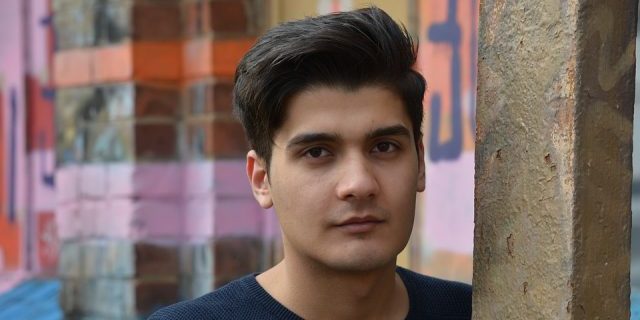
Last week, the State Department lifted its restrictions on the number of refugees allowed in the United States.
This means that the number of refugees entering the United States could come close to doubling in the near future. Among those coming to the United States are many children and adolescents. These young people’s brains and bodies are still developing, and are especially impacted by the refugee journey.
Refugee teens and children have experienced incredible trauma, both in their home countries and on the long journey to the United States. This can lead to depression, anxiety, substance abuse, and PTSD. Perhaps unsurprisingly, a recent study has found high rates of anxiety among Syrian refugee children arriving in the United States. These young people must not only cope with the trauma they have experienced and witnessed, but also separation anxiety from their home country and family members left behind.
Trauma affects these young people’s performance in school and their ability to adapt to their new culture and surroundings. In addition to the adverse impact on mental health, trauma heightens a person’s allostatic load — essentially the cumulative damage or “wear and tear” on the body caused by repeated exposure to stress. A high allostatic load is difficult to reverse. It can weaken a person’s immune system, speed up the disease process, and is related to longer-term medical problems, such as cardiovascular disease.
Thankfully, resilience is not an inherent trait, but a learned skill. The best way to help young people heal is compassionate, supportive relationships, usually found with family members. However, many refugees have been separated from their family or have parents also dealing with the effects of PTSD. This means that young refugees and their families need continued understanding and support from their communities. Young people need spaces to express what they are feeling and what they have gone through, without fear of judgment. Educators and school officials need to learn the symptoms of PTSD in children and teens, and treat their students with understanding rather than punishment or belittlement. Refugee families need access to compassionate, evidence-based care that can help them heal from trauma.
At Mount Sinai Adolescent Health Center, we work every day with young people who have experienced trauma. Any young person 10-22 years old can receive free, comprehensive health care here—including appointments with a trauma specialist. We create a safe space for teens to heal from trauma and help them build the toolbox they need to have a healthy, happy life.
We see the strength and resilience of the young refugees who have recently arrived to the United States, and we hope their communities provide the support and understanding they need to thrive.
The Mount Sinai Adolescent Health Center is located in New York City. It provides comprehensive, confidential, judgment free health care at no charge to over 10,000 young people every year. This column is not intended to provide medical advice, professional diagnosis, opinion, treatment or services to you or to any other individual, only general information for education purposes only.


